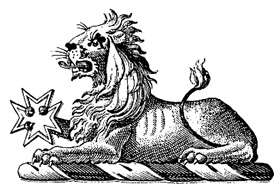first edition Original publisher's brown cloth binding with gilt stamped title lettering to front board
1845 · Boston
by Walker, Jonathan [1790 - 1878]
Boston: Published at the Anti-Slavery Office, 25 Cornhill, 1845. 1st printing (American Imprints 45-6701; Blockson Catalogue 10153; Dummond, p. 113). Original publisher's brown cloth binding with gilt stamped title lettering to front board. Modest extremity wear, title gilt bright. A bit cocked. T.p. with offset [see image]. Small semi-circular piece missing from fore-edge of leaf 6-1. Withal, a pleasing VG+ copy of a somewhat uncommon book in the trade.. vi, [7] - 119 pp. Preface by Maria Weston Chapman, a noted Boston abolitionist and the editor of the anti-slavery journal The Non-Resistant. T.p. cut of a branded hand. 3 full page wood-engravings: (truncated)





